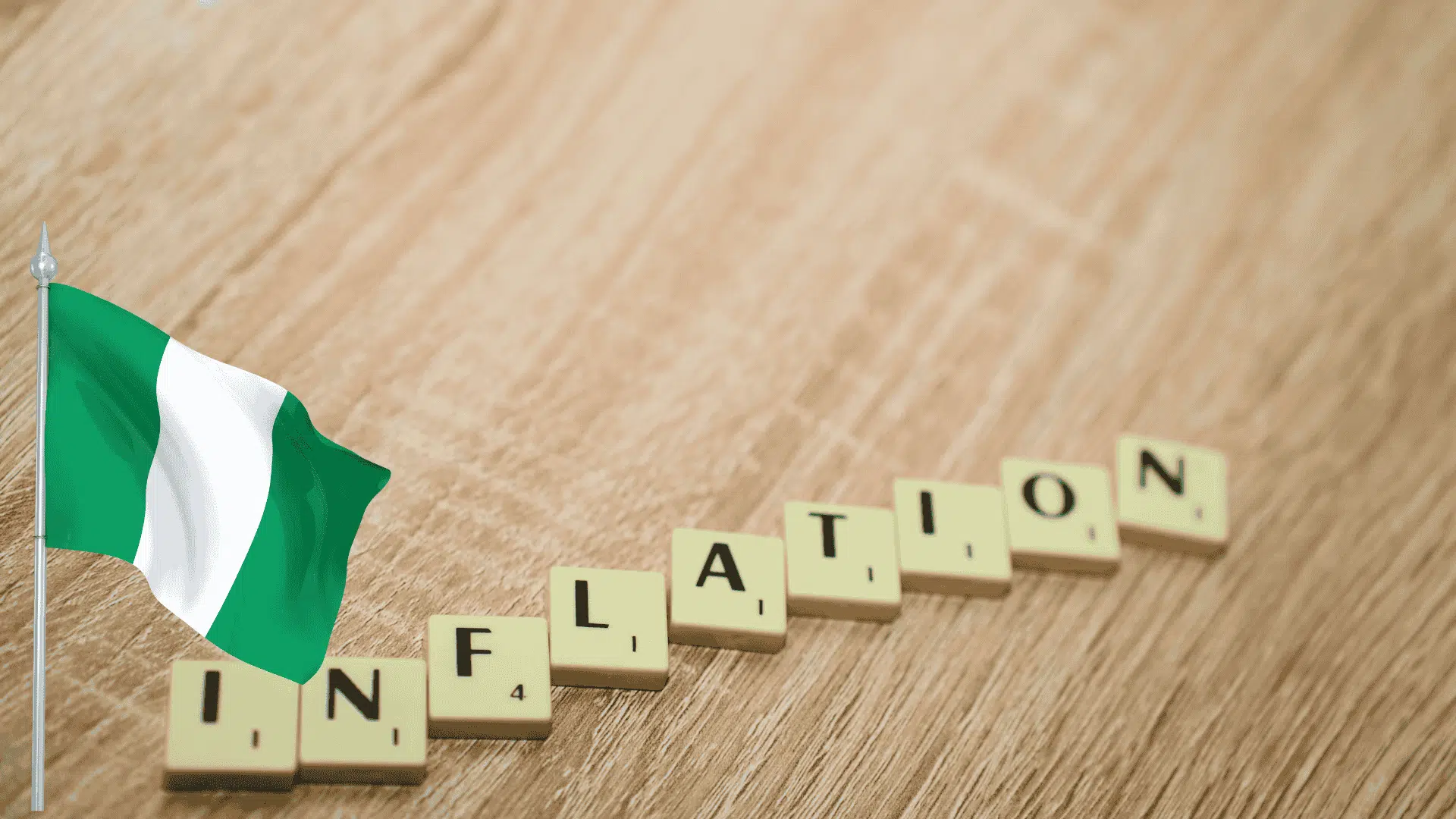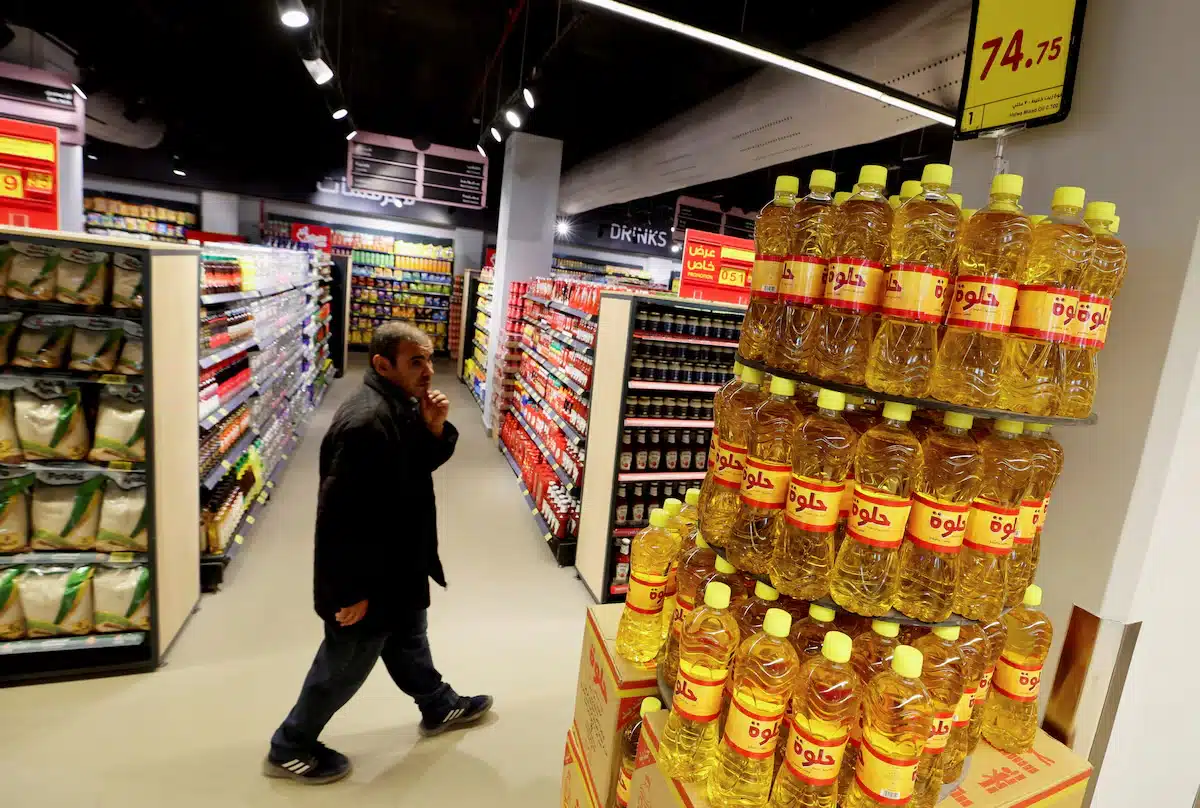Nigeria’s headline inflation fell in July to its lowest level since the National Bureau of Statistics (NBS) rebased the Consumer Price Index in January 2025.
New NBS data released Friday shows inflation eased for the fourth straight month, slowing to 21.88% in July from 22.22% in the previous month. The figure marks a notable shift since the consumer price basket was updated to use 2024 as the base year.
Nigeria now joins neighbouring Ghana, where inflation has fallen to its lowest level since October 2021.
“In July 2025, the headline CPI recorded a decline to 21.88%, from the initial lowest of 22.22% recorded in June 2025,” the NBS said in the inflation report.
Month-on-month, the 1.53% decline reflects the relative stability of the Nigerian naira and lower fuel distribution costs.
On a year-on-year basis, annual inflation dropped to 11.52% from 33.40% in June 2024, reflecting the impact of the high base effect and ongoing economic reforms in the state
Food inflation, a key driver of headline inflation, declined, falling by 16.79 percent points to 39.53% seen in July 2024, underscoring the impact of improved harvests and lower transportation costs.
Meanwhile, on a monthly basis, food inflation rose sharply by 3.6 percentage points to 22.74% in July, reversing the steep decline to 21.97% seen in June from 40.8% in May 2025.
According to Dumebi Oluwole, Senior Manager at Financial Derivatives Company (FDC), flooding in key food-producing states and a global uptick in crude oil prices — which could raise domestic fuel costs — may retain inflationary pressures in food products.
Core inflation, which excludes volatile components like energy and food, declined, falling to 21.33%, from 27.47% seen a year earlier, and 6.28% when compared with 22.76% recorded in the previous month.
The slowdown in inflation comes shortly before the Central Bank of Nigeria’s (CBN) Monetary Policy Committee meeting, scheduled for next month.
Nigeria’s CBN has kept its interest rate at 27.5%, stable since the start of this year, a clear sign of cautionary stance despite the recent decline in inflation values amid macroeconomic, and geographic headwinds.
Oluwole maintains that Nigeria’s current market trend will likely keep inflation figures downward. However, she warns that food prices may continue to climb, as recent flooding has disrupted road networks and hindered food distribution.







